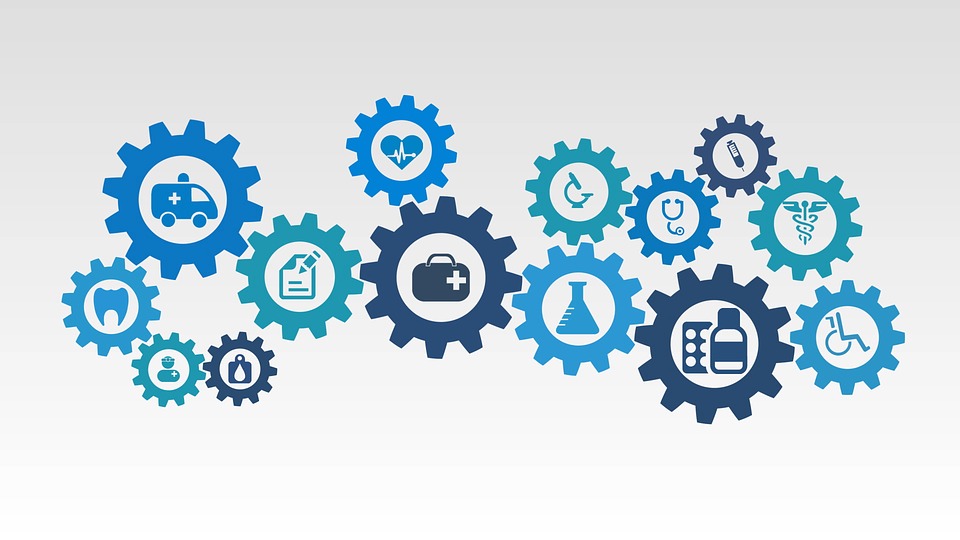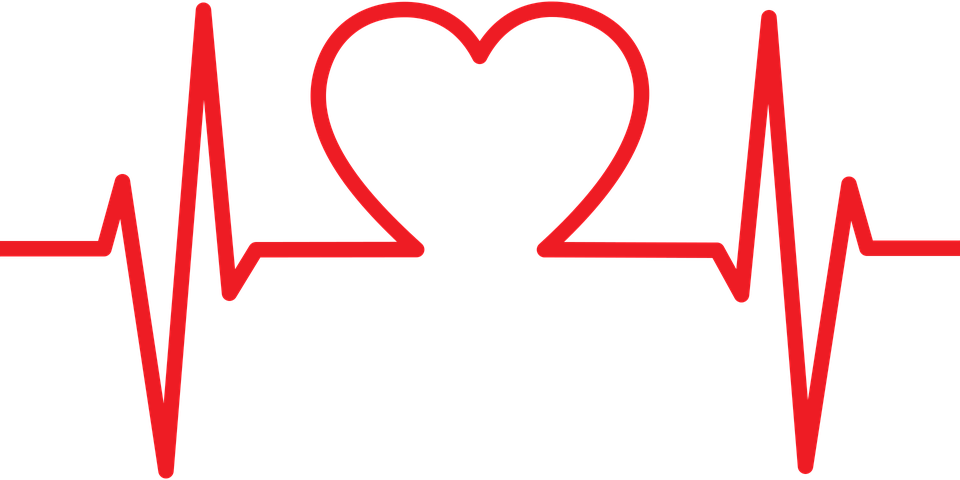
Healthcare & Medicine: Eternal Truths
In the modern world, healthcare and medicine are subject to a huge amount of debate. In fact, it seems as if there is nothing that everyone can agree on when it comes to these areas of life. Never has a subject been so vital to a society’s ability to care for itself, but so utterly divisive.
The arguments can cross a wide variety of subjects and ethical questions. For example, some people believe that medical interventions go too far; others say they don’t go far enough. Meanwhile, debates rage between the pro and anti camps on everything from vaccinations to antidepressants.
Given that opinions differ across all questions of healthcare and medicine, sometimes it can be useful to take a step back and view the matter objectively. While people will always feel strongly about aspects of healthcare – as is their right – there are a few foundational, fundamental truths that it is useful to keep in mind from time to time. Focusing on these basics can help ensure that you keep a strong connection with reality when considering the management of your own health and well-being.
Below, we’ve put together a list of basic essential truths that can help achieve this aim. This list examines the foundations of healthcare and medicine; the realities on which opinions and considerations should be based. Curious to find out more about the healthcare and medicine topics we should all be able to agree on? Then read on…
Doctors, and medicine as a whole, don’t think they know everything
There is a tendency among people who are dismissive of modern medicine to claim that “scientists/doctors/medics think they know everything”. This is usually used to defend less-conventional or unorthodox treatments, and especially treatments or medications that the medical community have been dismissive of in the past.
It is important to keep in mind that medical science doesn’t think it knows everything – in fact, it fully embraces the fact that there are mysteries. If science thought it knew everything, then clinical trials, research, study, and related areas would all grind to a halt. Medical science is well aware it doesn’t know everything – and it is actively working to catch up and learn more.
Sadly, the reason that people tend to dismiss science – and specifically doctors – as “thinking they know everything” is because a doctor has disagreed with an alternative therapy or similar treatment that they are a proponent of. While it may be important for doctors to be more open-minded about these treatments, mostly, doctors base their opinions on evidence and empirical proof. If evidence and empirical proof could be produced for alternative therapies, then the medical community would almost certainly embrace them wholeheartedly.
It’s worth remembering that doctors rarely “think they know everything”. In actuality, they just have a high threshold for determining the viability of a certain health-related practice – and that’s a good thing!
Health advice changes all the time
Watch this video and see how it makes you feel:
You probably feel horrified, knowing what you know now about smoking, watching doctors advertise smoking in such a way – but adverts like these were common. The medical community really did recommend smoking as a potential cure for a variety of ailments.
Fast forward to 2018, and these adverts – once just a standard part of life – seem incredibly shocking. However, these adverts are actually a real positive: they show that health advice changes all the time… and that’s incredibly beneficial.
While it is somewhat alarming to think that advice on good health can change so rapidly in such a short period of time – “you should definitely smoke!” to “you definitely shouldn’t smoke!” in less than 60 years, for example – this is actually a good sign. It’s a sign that the world of healthcare and medicine is able to say: we got this wrong, and we’ve changed our minds. It is far healthier for medics to feel they can dismiss their old opinions and issue corrective advice than just ignore evidence to the contrary of their initial opinions.
The world of healthcare and medicine may occasionally get things wrong – but it’s important for everyone to be willing to accept this is part and parcel of a strong medical system. It may be more reassuring to think that medical advice would always be 100% correct, but this is impossible – and it’s far better that health authorities feel they can issue corrections when they get something wrong.
Women may struggle to convince doctors they are in pain
This truth is incredibly difficult to grasp, as it is based on preconceived opinions that many of us would like to think have been eradicated from society. However, there is no denying the problem persists: doctors don’t believe women when they say they are in pain. As you can see from investigative work by TheAtlantic.com and Buzzfeed.com, the problem persists in modern society.
So what exactly is going on here? Frankly, it’s difficult to tell, though the general consensus is that women are thought to be “more hysterical” in general, which leads them to over-exaggerate when they are in pain – or at least, that’s the perception. One might hope that doctors would be trained to overcome the idea of women being “hysterical”, but it seems there is much work to be done in this area.
If you are female and are struggling to communicate your pain to doctors, it is usually best to talk practically rather than emotionally to ensure your point is heard. For example, say: “the pain is so bad I can’t stand up to reach into my closet”, rather than: “the pain is so bad I can’t stop crying”. If you still feel like you aren’t being heard, request a second opinion as soon as you can.
Healthcare and medicine are inherently personal and subjective
Healthcare and medicine rely on using clinical trials to demonstrate results that will, hopefully, be representative of the entire population. For the most part, this works very well, and the process of clinical trials has been refined and perfected over the course of decades. If you’re not familiar with how the medical trial process works, the video below provides an excellent explanation:
However, no clinical trial exists that can truly take account of every variant – and this is something that many people have a tendency to forget. Clinical trials work on statistical probability; if a medication passes a clinical trial, then it has been found to be effective in a set number of cases to make it a viable treatment option – but that doesn’t mean it will work in every case.
The simple fact is that we humans are too complex, and too individual, for any treatment or medication to claim to work in 100% of patients. This can be a tough concept to grasp, as many of us believe modern healthcare and medicine to be fairly infallible, but it’s true: sometimes, treatments and medications just don’t work, or they don’t work as expected – and there’s often no clear reason for why this is.
There’s no such thing as a “cure for cancer”
We finish with a rather shocking statement that many people will find surprising, but it’s true: there really is no such thing as a “cure for cancer” – because there’s no such illness as “cancer”.
Although grouped together under one umbrella, there are more than 100 different types of cancer. While not entirely unrelated, all the different types of cancer can be very, very different from one another.
Take, for example, prostate cancer. Prostate cancer has a five-year survival rate of nearly 100%, according to cancer.net. Using the same source, we can see that pancreatic cancer has a five-year survival rate of around 32%. Both illnesses are “cancer”, but there is a huge discrepancy in terms of survival rate – and this is the issue when it comes to discovering a “cure for cancer”.
Essentially, if someone says they have found a cure for cancer, you should immediately respond: “which one?”. It is highly unlikely that cancer will ever be cured across the board, because different types of cancer are just far too different from one another to be cured by the same treatment. It’s akin to suggesting soccer, lacrosse, and NFL are the same sport because they are all played on grass; yes, these different things have something in common, but they are far from being identical – cancer is much the same.
However, there is some good news: while there is unlikely to ever be a complete “cure for cancer”, an incredible amount of pioneering work is being done to help improve outcomes for patients. With advances in fields such as gene research and immunotherapy being conducted by the likes of HeraBioLabs.com, there is real hope for the future for effective treatments for many different types of cancer. So while a “cure for cancer” almost certainly doesn’t exist, there’s still plenty of reason to be cheerful about future prospects in this area.
To conclude

This list is wide-ranging, but far from exhaustive; ultimately, common consensus and empirical evidence suggest that healthcare and medicine can be agreed upon far more frequently than many of us believe.
DISCLAIMER: This post is a collaborative post and may contain affiliate links.